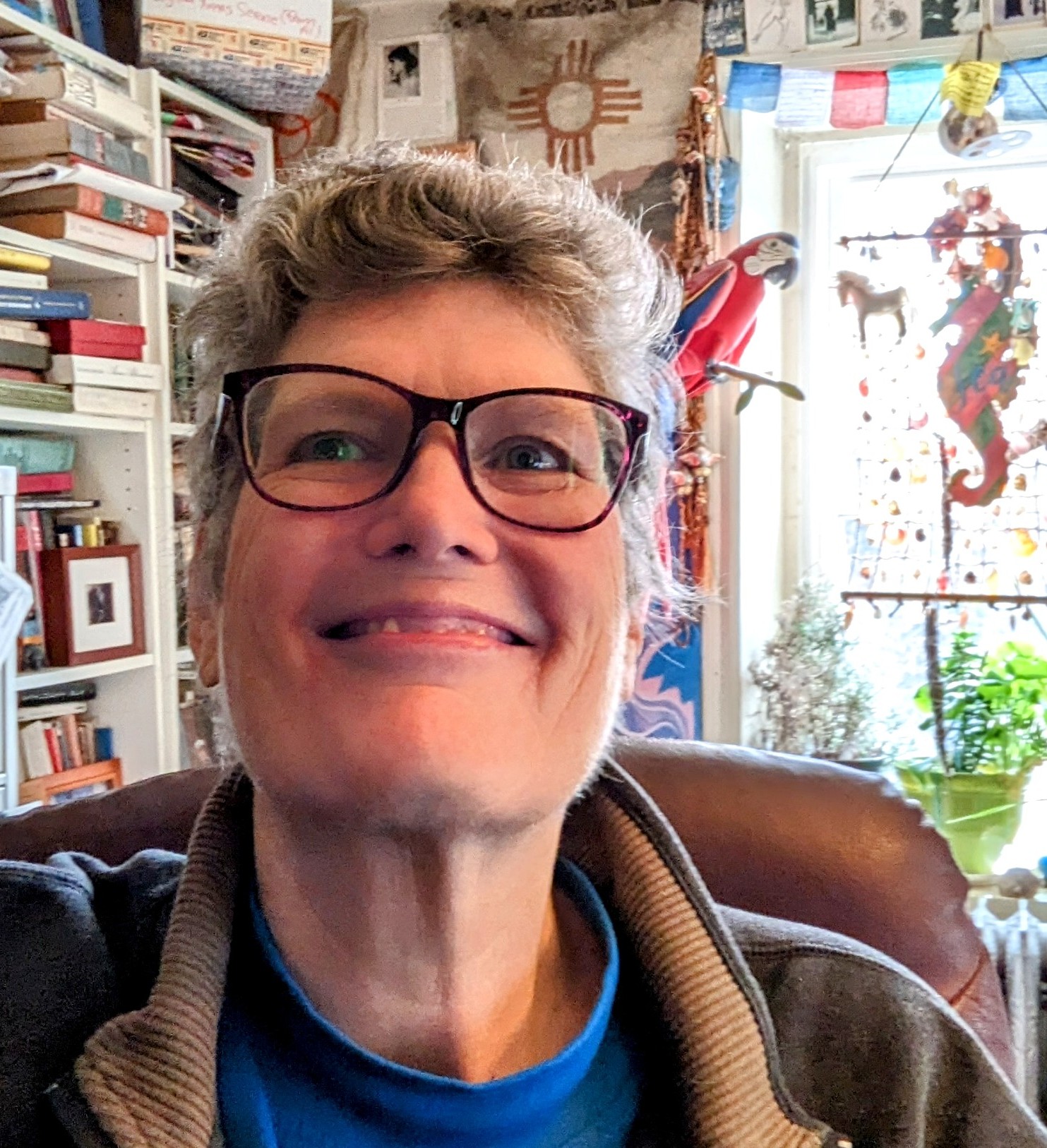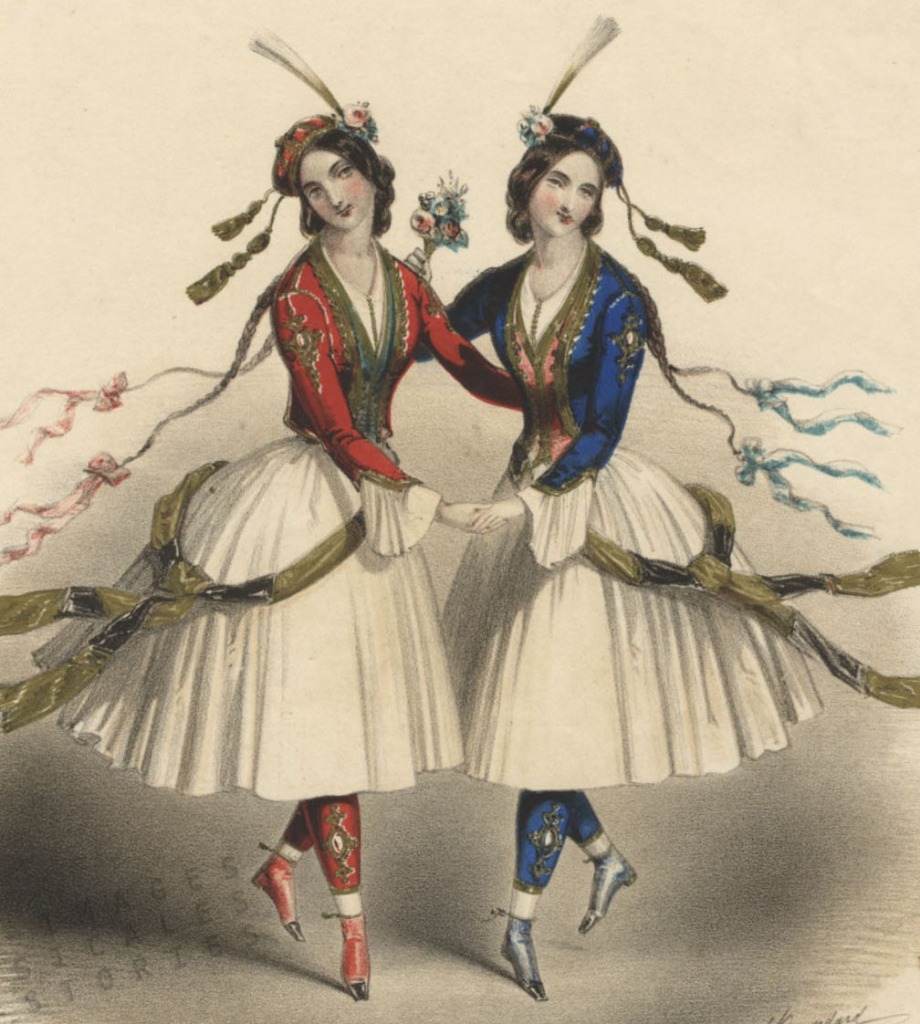I’m delighted that Thimble Literary Magazine published my memoir excerpt “Dancing The Polka.” This is a piece for my memoir that I am currently shopping around, titled LOST: a daughter navigates father loss and discovers what it means to belong.
Dancing The Polka
BY JANET MASON
“It’s beautiful out here! Watch the ground—it’s bumpy,” I cautioned as I walked over the lawn—which I suddenly realized was a hazard—with my hand in the warm, pliant crook of my ninety-seven-year-old father’s arm as I steered him into the day. It was late summer in the year before he died. Usually, my father sat quietly in his trash-picked chair in Jean’s living room which was decorated in a way my father described as “artistic.” Years after my mother had died, my father met his lady friend Jean.
We came to Jean’s house that afternoon, like most afternoons, after we ate breakfast at the Diner. Jean’s house sat on a large lot where she had planted ivy on the front lawn. Also in her nineties, a few years younger than my father, Jean loved to garden. Since it was a corner lot, there were only neighbors on two sides, and they divided her yard from theirs with chain-link fences. She had planted flowers on both sides next to her side of the fences. Magenta chrysanthemums were about to burst into bloom. In the back left of the yard, behind the clumps of flowers lining the fence, she also had a well-tended vegetable garden behind a homemade wire fence (“to keep the bunny out”). My father usually sat in the living room, but he came out to the garden with me this one time.
We were in Levittown, the land of working-class suburban conformity where I came from. I, along with my partner Barbara, was on one of my weekly visits to see my father. My father still lived in the same house where I grew up, around the corner from Jean. I grew up feeling different—and I was—and it wasn’t a place that was easy on people who were different, so I got out as soon as I could. When I was there, I felt like I never belonged. But I never would have questioned my place in the world when I was with my father.
My father died when he was ninety-eight, so he was elderly for a long time. When I was with my father, his well-being was my only concern. I didn’t think of it then but looking back I see I belonged then. I belonged to my father. I see now, in my single-minded focus on him, I also belonged to myself also.
I first started holding his arm, years after my mother died, when he was about seventy-five years old. He was resistant at first, insisting he could do everything by himself, without any help.
‘You’re pushing me. You’re pushing me,” he said loudly once when I was holding his arm on a ramp in a crowded community theater. He was in his late eighties at the time. Since I was larger than him, I was concerned people would think I was committing elder abuse. Over the years though, I kept holding my father’s arm and helping him. Eventually, he began tolerating my help. In his nineties, he would hold his elbow out so I could take his arm.
When Jean came along, I welcomed her presence. Many daughters might have been threatened when a potential love interest showed up for their widowed father. But I loved my father and wanted him to be happy. In the beginning, my father was happy. Later, they began to argue-Jean was very critical—and my father pointedly told me they were “just friends.”
Jean was very different from my mother. For starters, she was tiny. My mother, who died more than two decades before my father did, was the same height as my father. Both of my parents were almost six feet tall, a few inches shorter than the height I grew into. My mother was broad-minded and intellectual. Jean was conventional but inquisitive.
My partner, Barbara, usually came along on our visits. She had a close bond with Jean because she reminded Barbara of her late mother. Like Barbara’s late mother, Carmella, Jean loved to garden. Like Carmella, Jean also loved to get gussied up and go out. Jean, who was Polish American, also loved the polka, something Barbara’s mother didn’t relate to. Jean recognized a kindred spirit in Barbara, though.
“You’re Polish, aren’t you?” Jean kept asking Barbara even though Barbara had told Jean repeatedly that her mother was Italian American. This may have been early dementia. Jean developed dementia and died in a nursing home a few years after my father passed.
We couldn’t go to the home to see her because this was in 2020 during the pandemic when things were in lockdown. But Barbara commented that Jean might have dementia but “she would probably still remember the polka.”
Since Barbara is a musician, she recognized how important dancing to the polka was to Jean. Jean remembered dancing at the Polish festivals in her youth and was disappointed my father couldn’t dance with her. He was blind in one eye and had glaucoma in the other. Since he couldn’t see that well, dancing with her could have been dangerous. He might have fallen over and broken something. But Jean didn’t think about that. She just kept saying how disappointed she was.
That’s how Barbara ended up dancing the polka with Jean in the afternoons. As a drummer, Barbara also had experience dancing since her stern drum teacher had required her students to take African dance classes. Although, she still was taller, Barbara was closer in height to diminutive Jean. They both had long flowing white hair and were both enjoying themselves—especially Jean!—as they went round and round until the afternoons spun away.

Janet Mason’s book, Tea Leaves, a memoir of mothers and daughters waspublished by Bella Books in 2012. Her novel THEY, a biblical tale of secret genders was published by Adelaide Books (New York and Lisbon), also the publisher of her novel The Unicorn, The Mystery late in 2020. Her novel Loving Artemis. an endearing tale of revolution, love and marriage was published by Thorned Heart Press in August of 2022. Her work has been widely anthologized and has been published in numerous journals, including the Brooklyn Review and Sinister Wisdom. “Dancing the Polka” is her first piece in Thimble.
Read Thimble Literary Magazine by clicking here
For more information on my most recent novel Loving Artemis, an endearing tale of revolution, love, and marriage, click here:



